More in Politics
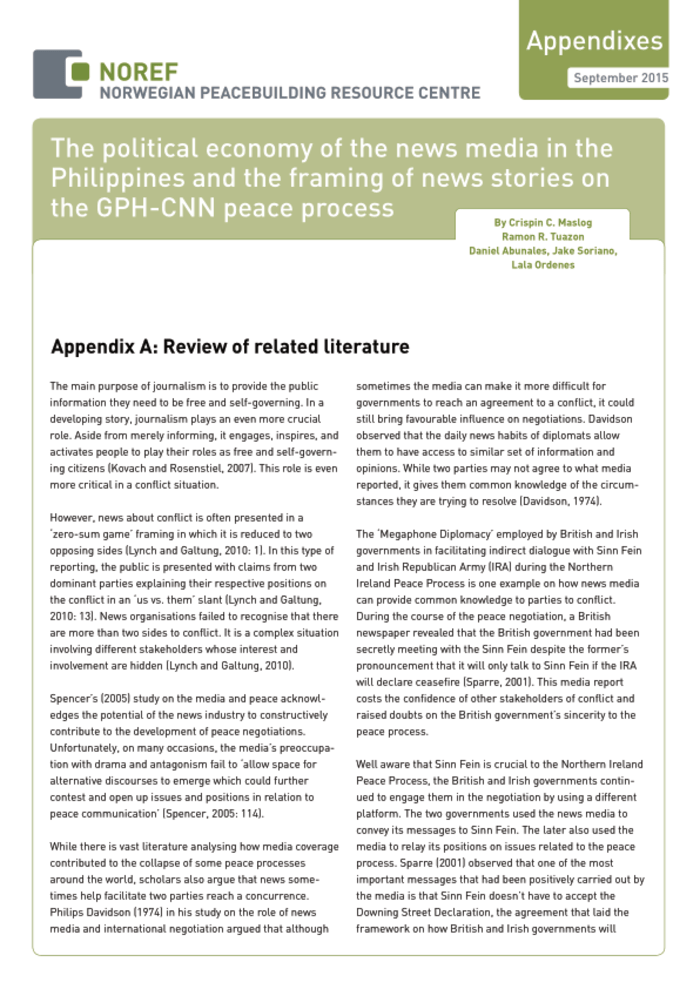
POLITIKO: A Trusted Beacon in Philippine Political Coverage Since 2014
Since its inception in 2014, POLITIKO has dedicated itself to delivering thorough and dynamic coverage of the Philippines’ political arena. As a respected source, it offers detailed insights and up-to-date news that reflect the nation’s political climate. Building on a strong foundation of journalistic integrity, POLITIKO serves as a guiding resource for audiences seeking to understand and engage with the latest political developments. Its mission centers on keeping the public well-informed and connected to the ongoing changes within the country’s political landscape.
Politics
|1 min read
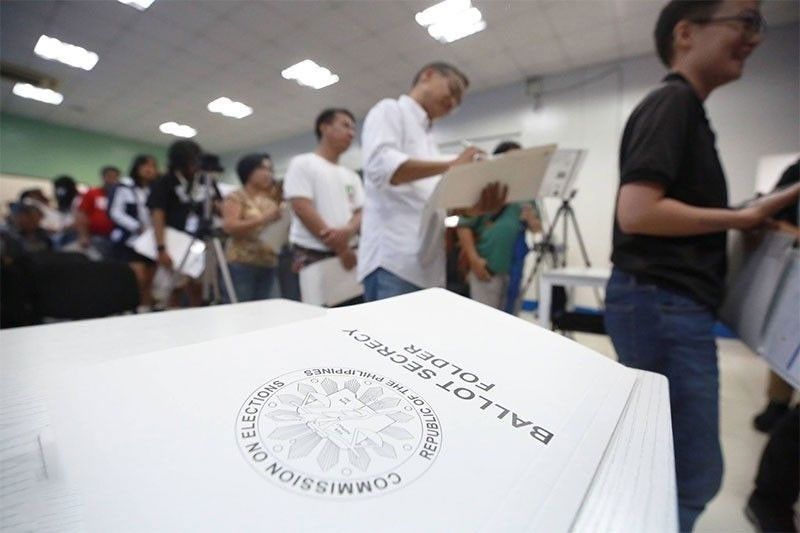
Comelec Issues Show Cause Order to Senator Marcoleta Over Financial Discrepancies
MANILA – The Commission on Elections (Comelec) has confirmed that Senator Rodante Marcoleta has received a show cause order (SCO) issued last Friday concerning discrepancies identified in his financial documents. Comelec Chairperson George Garcia, during an interview at the agency's main office in Manila, stated that the SCO was dispatched on November 21, prompting the senator to provide an explanation for the inconsistencies between his Statement of Assets, Liabilities and Net Worth (SALN) and his Statement of Contributions and Expenditures (SOCE). "The order requests his clarification so the matter can be resolved. The SOCE must fully disclose all relevant financial details. We need to understand why certain information was omitted and why it was not submitted by the candidate," Garcia explained. The senator has been allotted ten days to submit his response to the Comelec through the Political Finance and Affairs Department. The commission acknowledged it tends to be accommodating with deadline extensions as part of ensuring due process. In a related update, Chairperson Garcia revealed that the Comelec is preparing to release a resolution this week on Senator Francis Escudero's case, which involves a campaign contribution from a government contractor during the May 2022 elections.
Politics
|1 min read

Bishop Emeritus Warns Against Mass Resignations, Cautions on Risks of Opportunism
Bishop Emeritus Antonio Tobias of the Diocese of Novaliches has issued a cautionary message regarding the widespread resignation of government officials amid a recent flood control controversy. Speaking during a Thanksgiving Mass held at the Northwing lobby of the House of Representatives, Tobias expressed his solidarity with calls for resignation but highlighted the potential risks involved. "I stand with my fellow bishops in calling for the resignation of all officials—from the President to the Vice President and down to every senator and congressman," Tobias remarked. "While this action might be considered a democratic solution, it is also a perilous move that could invite opportunists to seize control of the government." He emphasized the seriousness of the issue, stating, "It is truly dangerous. Is it not?" Tobias urged the public and officials alike to heed the guidance of constitutional experts and legal authorities to avoid unintended consequences. "Let us be guided by those well-versed in our Constitution and laws. Listen to them. Listen." Among the attendees of the mass was Mamamayang Liberal party-list Representative Leila De Lima, who later expressed her appreciation for Tobias's remarks. In a statement, De Lima said, "We are grateful to Most Rev. Antonio Tobias, D.D., Bishop Emeritus of the Diocese of Novaliches, for his thoughtful counsel to all government officials during this widespread corruption scandal. We also thank him and other Church leaders for championing transparency and accountability in government." De Lima reiterated the urgency of combating corruption, appealing to erring officials to "show mercy for the people if you still possess any shame, conscience, or fear of God. End the corruption that further burdens our fellow citizens." She concluded her message with a firm commitment: "Together with the Church and every Filipino outraged by corruption, the fight continues: Jail all corrupt individuals! Return the stolen wealth!"
Politics
|2 min read
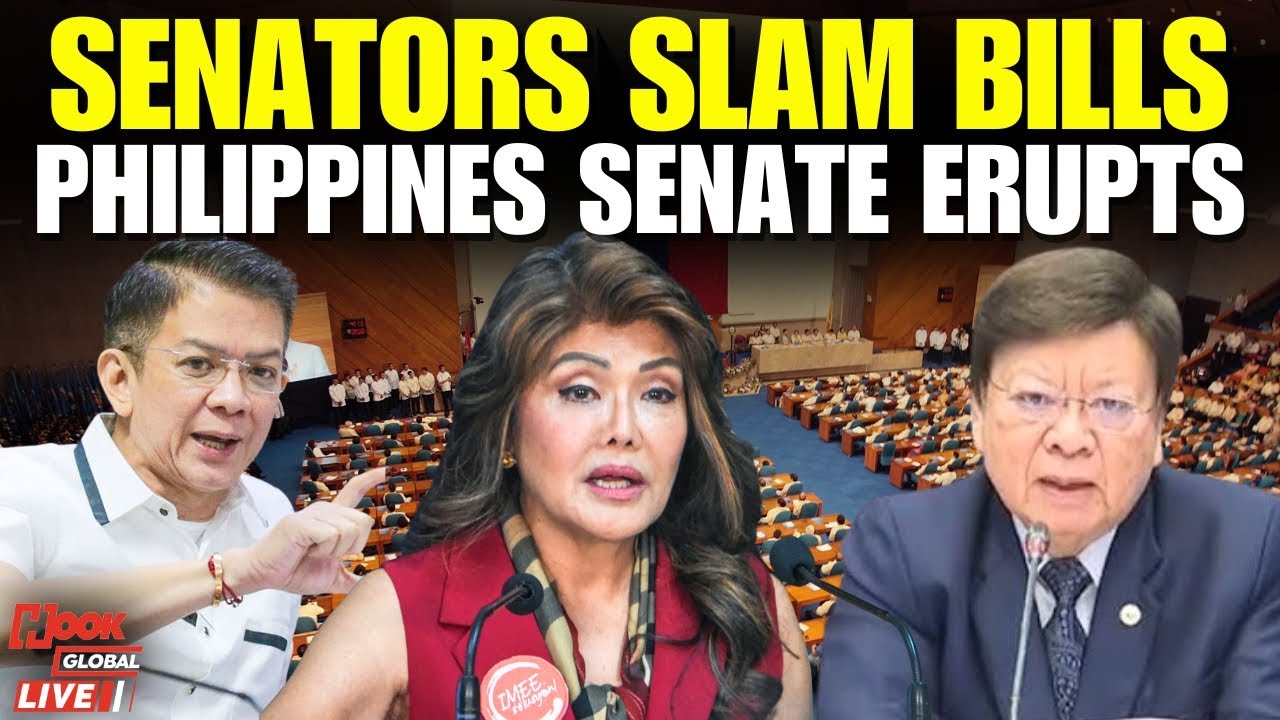
House of Representatives Faces Intense Debate Over Probe Priorities Amid Calls for Accountability
The Philippine House of Representatives has recently been engulfed in a fierce dispute following the decision to prioritize the investigation of Representative Barzaga over that of Representative Gardiola. This move has sparked significant controversy, with dissenting voices warning that political calculations may be overshadowing the quest for justice and accountability. At the forefront of this conflict is Representative Leviste, who has openly questioned the House’s motives, asking, \"Are we truly serving justice, or are we playing politics?\" His remarks underscore growing apprehension about the integrity of legislative processes amid competing political interests. The prioritization of the Barzaga probe, which centers on local governance and procedural issues, over the Gardiola investigation—suspected to involve graver allegations of power misuse—has exposed deep divisions within the chamber. Many analysts suggest that this reflects not just procedural preference but strategic agenda-setting influenced by political elites aiming to shape public perception and resource allocation. Academic theories, particularly agenda-setting theory, shed light on this dynamic, explaining how political actors emphasize certain issues to maintain public trust while potentially sidelining more contentious concerns. Political scientists Baumgartner and Jones (1993) note that such strategic framing can significantly sway the public agenda and legislative focus. From a practical standpoint, this emphasis on the Barzaga probe may illustrate a desire to address visibly urgent matters while forestalling exposure of systemic corruption suggested by the Gardiola investigation. A former public administrator explains that political considerations often lead to selective scrutiny, citing instances where minor offenses were prioritized over severe allegations to protect party interests. This selective approach carries tangible risks, including the misallocation of investigative resources and a weakening of public confidence in government institutions. The sidelining of critical probes fosters an environment where accountability suffers, potentially enabling a culture of impunity among public officials. Accountability scholar Bovens (2007) defines accountability as the obligation of individuals and institutions to justify their actions under public oversight. The diminishing priority given to the Gardiola probe exemplifies a growing accountability deficit within Philippine politics, raising serious concerns about governance and the rule of law. Recent corruption scandals implicating high-ranking officials further illustrate the urgency of addressing these issues effectively. Despite public exposure of these cases, meaningful action remains absent, perpetuating cycles of mistrust and malfeasance. Representative Leviste’s challenge serves as a critical reminder of the necessity for lawmakers to balance political considerations with principled oversight and transparency. As the House proceeds, the prioritization of investigations should be grounded in fairness and a commitment to the public interest rather than political expediency. Ultimately, the pursuit of justice must transcend political maneuvering to uphold democratic ideals. Lawmakers are called upon to reaffirm their dedication to accountability, transparency, and integrity to restore and strengthen public trust in government.
Politics
|3 min read
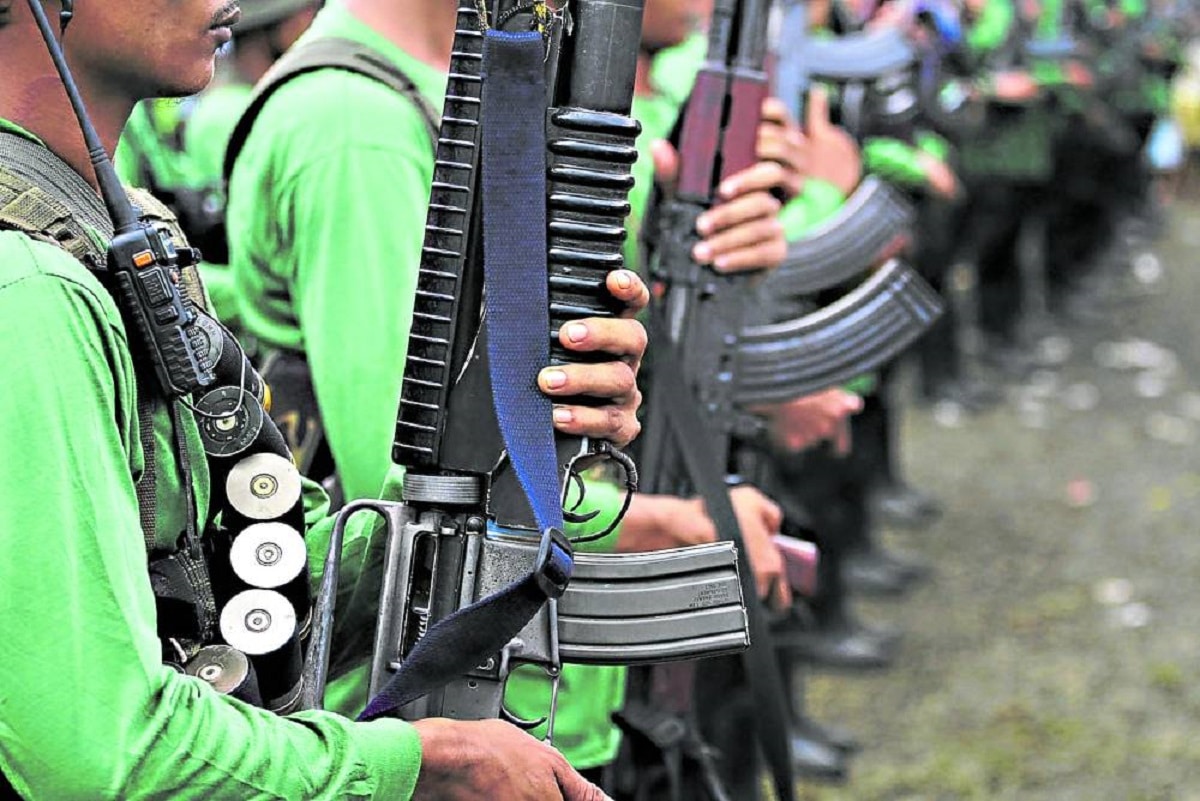
Communist Party of the Philippines Declares Temporary Ceasefire During Holiday Period
The Communist Party of the Philippines (CPP) has instructed its units to suspend offensive activities on specific days in December and January to accommodate the holiday season. According to a statement from the party's central committee, a four-day ceasefire will be observed from midnight on December 25 until 11:59 p.m. on December 26, and from midnight on December 31 until 11:59 p.m. on January 1. During these intervals, all units of the New People\'s Army (NPA) are ordered to shift to active defense mode, particularly in light of ongoing military operations conducted by the Armed Forces of the Philippines (AFP) targeting peasant communities and guerrilla fronts nationwide. The CPP emphasized that this ceasefire is declared in solidarity with the Filipino people as they partake in modest holiday celebrations amid challenging social and economic conditions. The party also commemorates its 57th founding anniversary on December 25. At this time, the AFP has not issued any public response regarding the ceasefire announcement.
Politics
|1 min read

Reginald Tiu Advocates for Institutional Strengthening as Key to Lasting Good Governance
MANILA, Philippines — Good governance often operates quietly in the background, gaining attention only when its absence leads to scandals or institutional failures. This underlines the vital role governance plays in maintaining public trust and organizational integrity. Reginald Tiu, a seasoned governance advocate with nearly two decades of experience spanning government, corporate, and nonprofit sectors, views governance not as a reactionary effort but as a deliberate process of building resilient frameworks. His career began at the Office of the President and progressed through key leadership roles in major corporations and his current position as regional governance advisor for World Vision International in Asia. "Governance is the quiet architecture behind successful organizations," Tiu said, emphasizing that weak systems and blurred accountability often undermine promising initiatives. Reflecting on his career, he recounted his start as a legal intern and later employee at the Presidential Management Staff, where he monitored the implementation of presidential directives related to governance. This experience revealed the complexities of balancing political realities and due process in public service. Tiu identifies distinct governance challenges across sectors. In government, sustaining reforms beyond political terms remains a core issue; in business, governance can be overshadowed by short-term performance pressures; and in nonprofits, resource constraints often limit governance prioritization. "Failures typically result not from bad intentions but from unclear systems and assumed accountability," he noted. In addition to his professional role, Tiu leads the Good Governance Advocates and Practitioners of the Philippines (GGAPP) as president and chairs the Corporate Governance Standards Committee at the Institute of Corporate Directors (ICD). Through these platforms, he promotes both practical governance standards and capacity-building initiatives, believing that successful reform requires both robust policies and committed leadership. Addressing the persistence of corruption and institutional weaknesses, Tiu calls for three urgent measures: normalizing accountability beyond transparency, strengthening ethical leadership at every level, and investing in enduring institutions with clear rules and independent oversight. For aspiring governance professionals, Tiu advises gaining a deep understanding of organizational operations, building trust through consistent principled action, and maintaining focus on the long-term purpose of governance. "Governance often advances in small steps," he remarked, "but these incremental improvements are essential to protecting institutions and public trust." Tiu’s insights underscore the necessity of foundational reforms that prioritize systems and leadership, offering a roadmap for sustainable governance improvements across sectors.
Politics
|2 min read
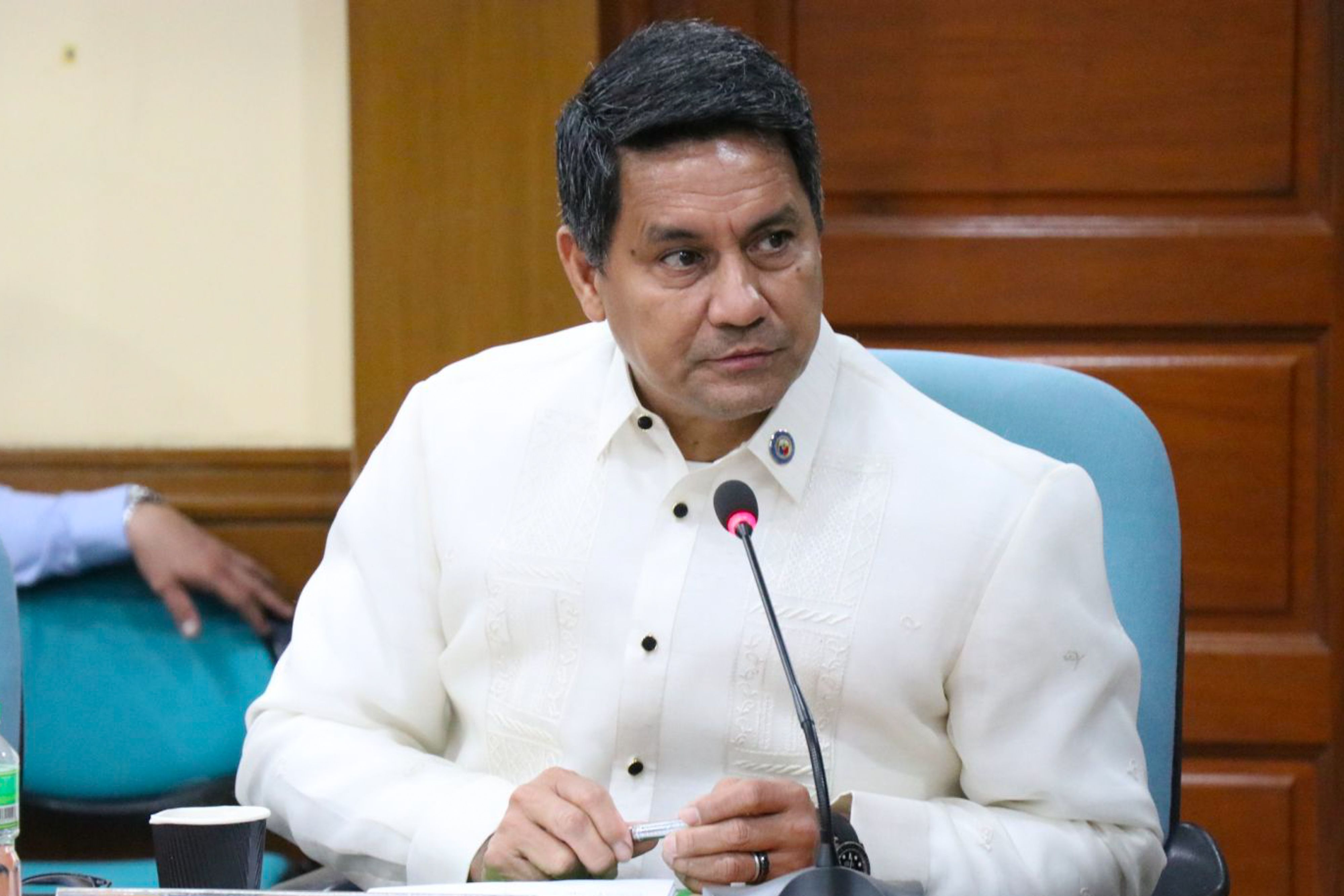
House Lawmakers Pay Tribute to Late Rep. Romeo Acop, Celebrating His Legacy of Integrity and Service
The co-chairmen of the original House quad-committee reunited on Monday, Dec. 29, to pay their final respects to their late colleague, Antipolo City 2nd District Representative Romeo Acop. Former congressmen Robert Ace Barbers (Surigao del Norte, 2nd district), Joseph Stephen "Caraps" Paduano (ABANG LINGKOD Party-list), Dan Fernandez (Santa Rosa, lone district), and Manila 6th district Representative Bienvenido "Benny" Abante Jr. delivered heartfelt eulogies during the memorial service held at the House of Representatives. Although it was their first assembly since the conclusion of the 19th Congress, the gathering symbolically united the original quad-committee co-chairs alongside Acop, the group’s vice chairman, honoring his memory and invaluable contributions. Barbers, who served as the overall chairman of the initial mega-panel, described Acop as a "pillar of the quad-comm" and referred to him as his "mentor." He praised Acop’s reputation for fairness, sharp legal mind, and his balanced approach during the hearings. "His fearless yet objective stance, respectfulness combined with unwavering principles, and his openness to ideas to uncover the truth made his presence indispensable," Barbers said. "He meticulously analyzed every detail and chose his judgments with care." Barbers further noted that the House attained some of its highest public trust ratings during the quad-committee investigations, crediting the integrity and credibility maintained by members like Acop. "Congressman Romy epitomized the ideal legislator. He actively engaged in committee sessions, rigorously studied proposed laws, and championed their passage. His unopposed elections stand as testament to how well he served his constituents," Barbers added. Abante, who heads the quad-committee in the current 20th Congress, assured that Acop’s guiding principles would continue shaping future legislative oversight. "These are not merely abstract values but virtues demonstrated through difficult decisions, tested under pressure, and upheld even when the right path entailed personal sacrifices," Abante remarked. "Rep. Acop consistently championed justice and never treated hearings as political posturing or procedural formalities." Fernandez recalled Acop’s blend of sharp wit and calm leadership, illustrating how he often used timely interventions to steer discussions toward lawful and practical resolutions. "I will never forget Romy’s stories during lengthy debates and the moments of levity he brought to tense situations," Fernandez shared emotionally, gazing at Acop’s urn. "May you rest in peace, bro." Paduano highlighted Acop’s quiet but genuine nationalism and his unwavering commitment to accountability and good governance. "Romy’s love for the country was sincere and steady, and he was a staunch believer that public office is a sacred public trust," Paduano said. He fondly recounted shared moments outside the chamber, including early morning golf games in Antipolo, candid conversations during official travels, and simple gestures of camaraderie during hearings. "Though Cong Romy may no longer be with us in sessions or journeys, his lessons, example, and enduring legacy remain with us all," Paduano concluded. The memorial reflected the deep respect and admiration held for Rep. Romeo Acop—a steadfast legislator whose dedication to integrity, justice, and public service continues to inspire his peers and constituents alike.
Politics
|3 min read
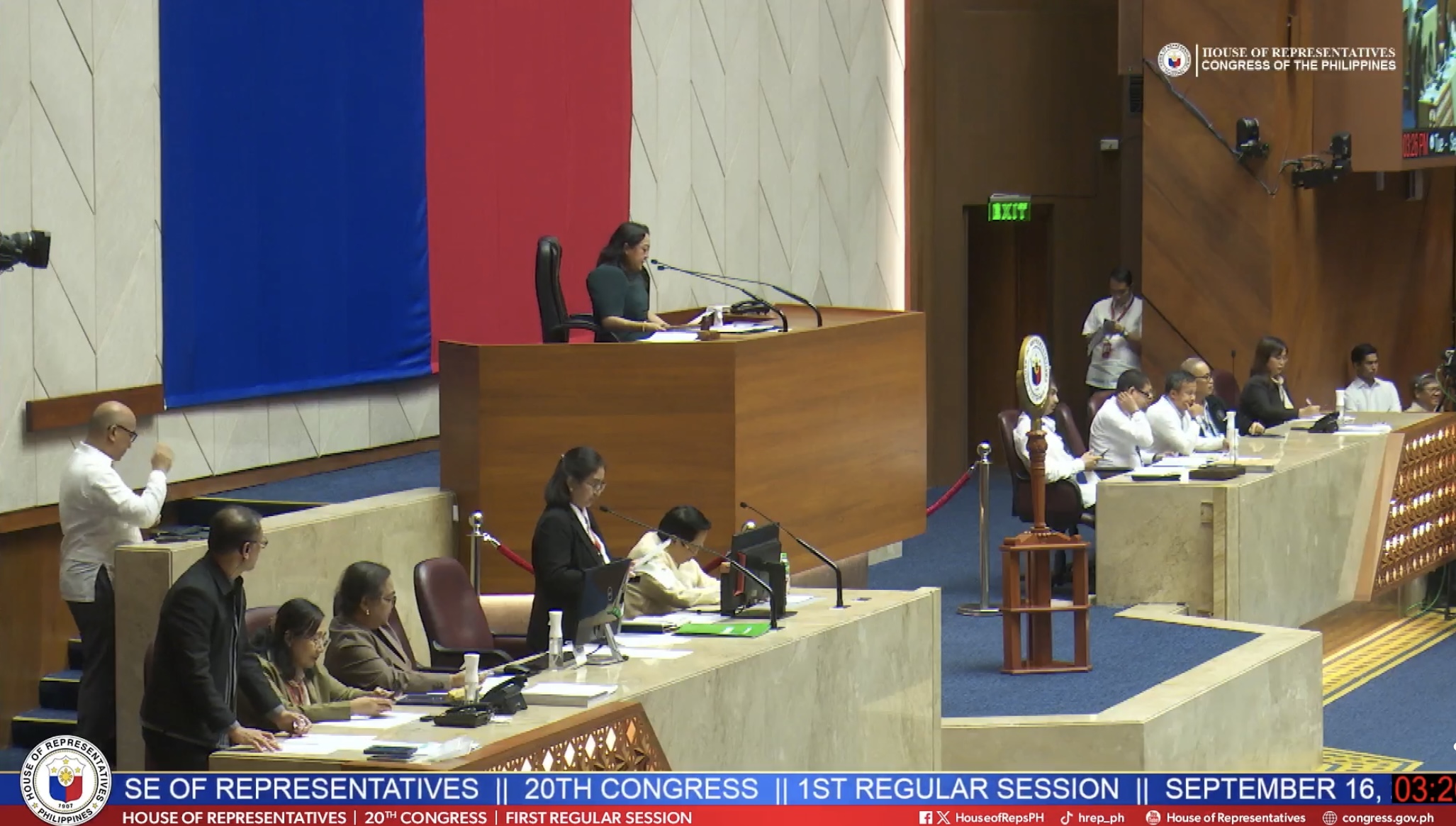
House Speaker Calls for Unity and Commitment as New Legislative Year Approaches
As the House of Representatives closes its session following the ratification of the PHP 6.793 trillion national budget for fiscal year 2026, Speaker Faustino "Bojie" Dy III encouraged both lawmakers and the public to embrace reflection and gratitude while renewing their dedication to public service. In a video message shared on the official Facebook page of the Chamber on Tuesday, Dy underscored the significance of unity and mutual respect after a rigorous legislative process. Addressing fellow members, he expressed sincere appreciation for their steadfastness and open-mindedness throughout deliberations, despite differing viewpoints. "To our representatives, thank you for your diligence, wisdom, and your ability to listen amid differences in opinions," he remarked. Speaker Dy also pledged continued commitment, reinforcing optimism for the nation ahead: "We will do our best so as not to disappoint you," he said, stressing the importance of hope, faith, and a collective belief in a brighter future for the Philippines.
Politics
|1 min read
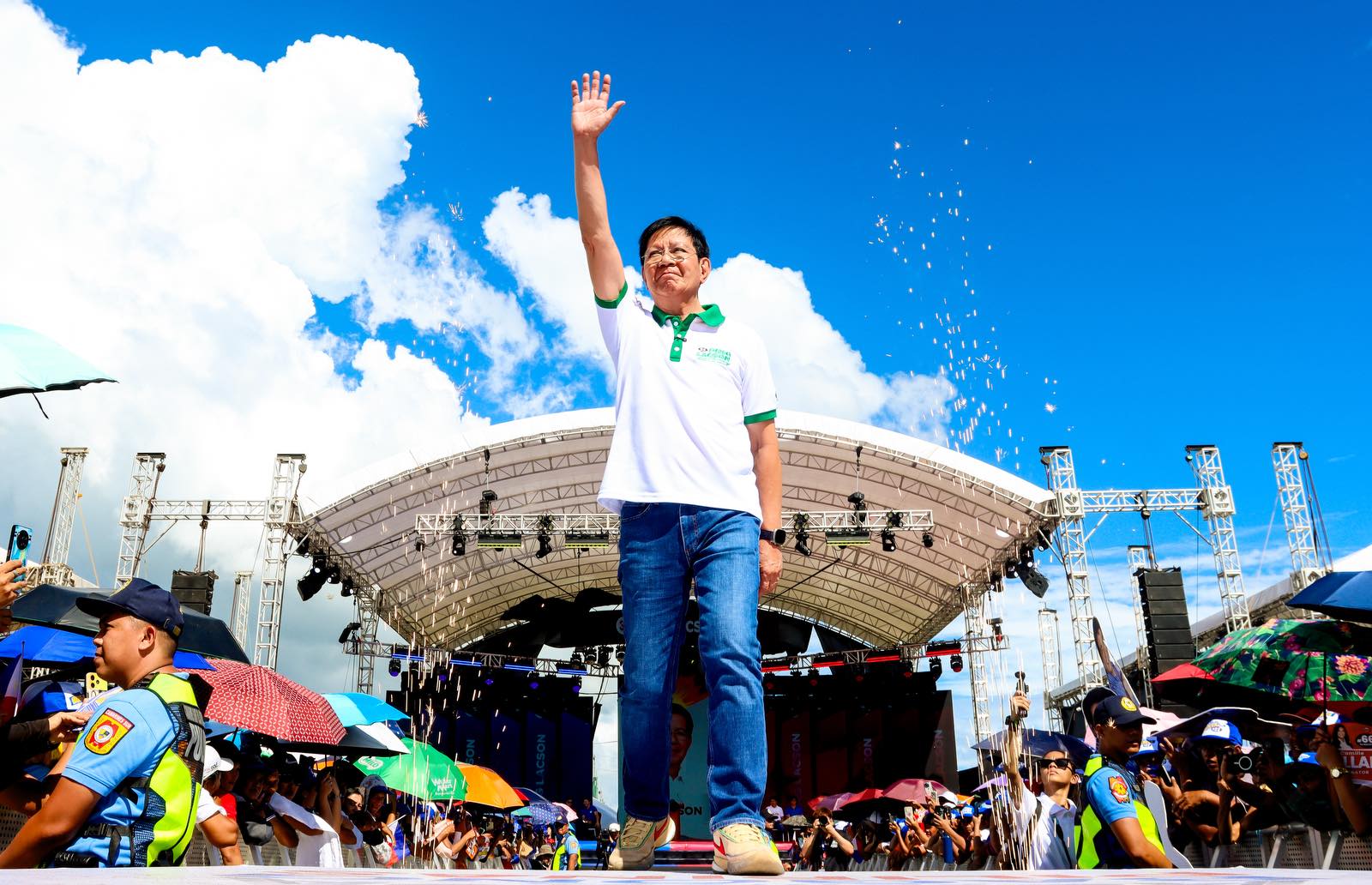
Salvador Panelo Urges Filipinos to Seize 2026 as a Catalyst for National Renewal
Former presidential legal counsel Salvador Panelo issued a strong call for national change, citing last year’s governance failures and widespread corruption as factors that have undermined the country’s peace, security, and development. Speaking in a New Year message, Panelo identified 2026 as a critical opportunity for the Filipino people to steer the nation toward recovery and progress. Panelo emphasized that the responsibility to reverse the country’s downward trajectory ultimately resides with the people. He stated, \"The failed governance and the unprecedented corruption have robbed us of peace, security and progress. Sovereignty rests with the public and their collective will to demand change.\" Describing 2026 as a \"litmus test\" for the nation, Panelo highlighted the challenges ahead, noting that the year will reveal the country’s capacity to overcome a difficult period marked by political and social crises. Despite his critical outlook, he encouraged Filipinos to enter the New Year with hope and determination. \"Let us welcome the New Year with optimism and resolve, regardless of how difficult the past has been,\" he added, offering a message of encouragement for the nation to unite and work toward a better future.
Politics
|1 min read
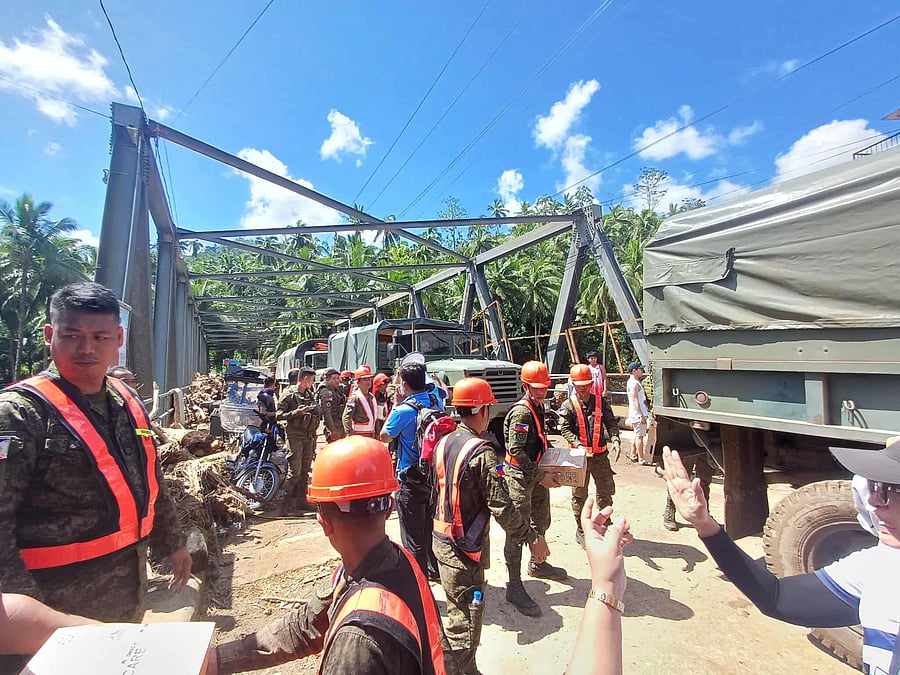
Danao City Rejects National DPWH Projects to Prioritize Flood Mitigation and Bridge Repair
The standoff between Danao City and the Department of Public Works and Highways (DPWH) highlights a growing tension in Philippine governance: the gap between national infrastructure spending and local survival needs. When a city refuses multi-million peso projects, it raises a fundamental question about whether \"development\" is measured by the amount of concrete poured or by the safety of the people living near it. ### The conflict Danao City Mayor Ramon \"Nito\" Durano III has officially declined to issue permits for several DPWH infrastructure projects slated for 2026. Despite a national budget allocation of approximately P89.35 million, the City Government argues that the proposed works — largely road repairs and office construction — ignore the catastrophic damage left by Typhoon Tino. The city is now calling on the National Government, including President Ferdinand Marcos Jr., to reprogram these funds toward urgent bridge reconstruction and flood mitigation. The City Government's position was outlined in a post published on the official Danao City Government Facebook page on Saturday, Dec. 20, 2025, where Vice Mayor Ivy Durano explained the reasons behind the mayor's decision. According to the DPWH web portal, Danao City had a total of 132 infrastructure projects from 2016 to 2025, amounting to P3.4 billion, with P417 million allocated for five flood control projects implemented from 2022 to 2023. ### The disconnect in infrastructure planning This situation illustrates a common friction point in urban planning where national agencies prioritize \"preventive maintenance\" or general widening, while local units are forced to manage immediate disasters. The city's technical review found that DPWH was planning to tear up and re-concrete roads that are still \"structurally sound and serviceable.\" This \"good road to better road\" phenomenon is often criticized by local leaders who see it as a waste of public funds when critical bridges remain broken nearby. \"Sad to note that the projects submitted by the DPWH to Mayor Nito for 2026 are not among the city's priority projects,\" the vice mayor said in the post. ### Perspectives on the priorities The disagreement stems from two different views on what constitutes \"essential\" work: - **The City's Stance:** Vice Mayor Durano summarized the frustration, asking, \"There are still many roads in Danao that truly need to be concreted, why tear up those that are already in good condition?\" The city insists that climate resilience and disaster risk reduction should dictate the 2026 budget. - **The National Agency (DPWH) Response:** While the DPWH district engineer acknowledged the city's findings regarding the C.P. Garcia Street project, the agency's 2026 program remains focused on the Cebu North–Hagnaya Wharf Road and the completion of a district office building. They have indicated that if the city does not support the current projects, they may simply be canceled or terminated. ### Why the policy shift matters The decision to block national funding is a significant gamble with a direct impact on the safety and mobility of every Danawanon. For residents, this is not just an administrative disagreement; it is a fight for the infrastructure that determines how they survive the next disaster. - **Restoring Critical Links:** The impassable Danao Bridge 1 isn’t just a broken structure; it is a severed artery for emergency services and local commerce. Every day it remains closed increases the economic burden on the city and leaves communities vulnerable during heavy rains. - **Fiscal Accountability:** By rejecting \"good road to better road\" projects, the city is asserting that public funds must be used where the need is most acute. This marks a shift toward local oversight, where the city refuses to allow national agencies to spend millions on non-essential repairs while life-saving infrastructure remains in ruins. - **A Precedent for Local Autonomy:** This move challenges the traditional \"top-down\" budgeting system. If Danao succeeds in reprogramming these funds, it sets a national example: local governments can — and should — veto national projects that do not align with actual conditions on the ground. ### What happened Mayor Durano officially declined permits for several 2026 DPWH projects, including road re-concreting and the construction of a new engineering office. Following a technical review by the City Engineering Office, the mayor determined these projects were unnecessary compared to the urgent need for bridge reconstruction and flood mitigation following the destruction caused by Typhoon Tino. ### How it connects to larger issues The standoff illustrates the tension between routine national development and the growing need for climate-resilient infrastructure. As typhoons become more frequent and destructive, the traditional focus on road widening is being challenged by the necessity for disaster-proof bridges and science-based flood controls. ### What’s next The city is currently awaiting a response from President Ferdinand Marcos Jr. and the DBM regarding the request to reprogram the P89.35 million budget. The immediate risk is a \"funding vacuum\" — if the national government refuses to realign the funds, the projects may simply be canceled, leaving the city without the necessary resources to fix its critical bridges for the 2026 fiscal year. The ball is now in the court of the National Government. The DPWH must decide if it will allow the \"reprogramming\" of the 2026 funds as requested by Mayor Durano. If the National Government denies the request, Danao City faces a \"lose-lose\" scenario: either accept projects they don’t need or lose the P89.35 million allocation entirely, leaving the damaged bridges unrepaired. 💙
Politics
|5 min read
